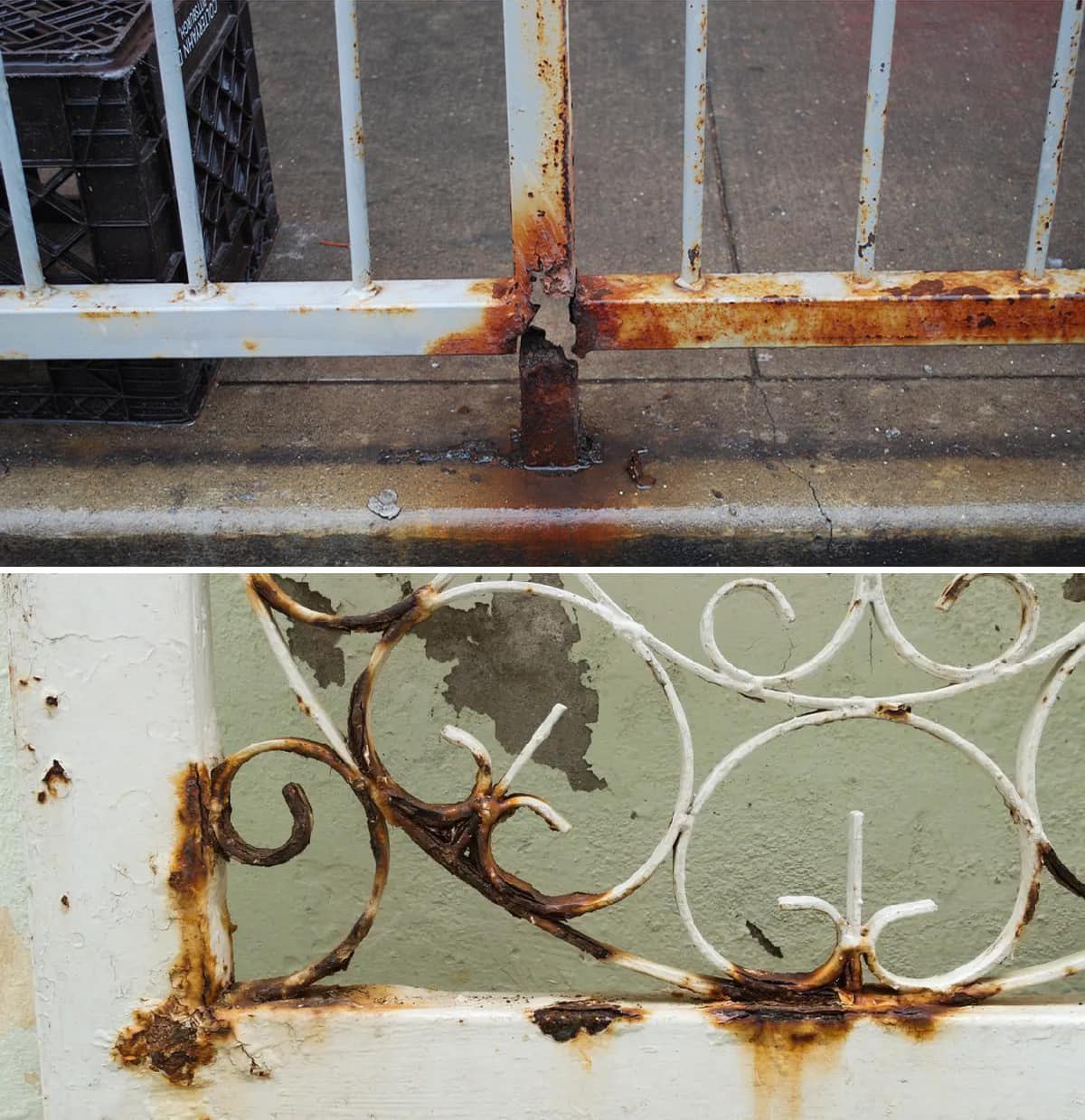Vinegar and Water – If the rust isn’t too severe, you can simply spray the rusty areas with vinegar mixed with water (in a 1:1 ratio). Leave it on for a few hours, then wipe the surface with a dry cloth.
Serving and storage tips:
After removing rust, it is a good idea to moisten the surface with vegetable or paraffin oil to protect the surface from corrosion again.
Make sure that all cleaning products are rinsed well so that no residue is left behind that could attract dirt again.
Regular cleaning and care of metal surfaces will help keep them in good condition for a long time.
Variants:
Citric acid variant – Citric acid can be used in place of lemon juice. Dissolve 2-3 tablespoons of water, then apply to the rusty areas.
Variant with alcohol – Isopropyl alcohol can be used to remove light rust, which effectively removes moisture and prevents further corrosion development.
FAQ:
Are these methods effective for all types of rust? Yes, these natural methods work best on light to medium layers of rust. In case of heavy soiling, it may be necessary to use them repeatedly.
Can I apply these methods to other metals? Yes, these methods work on most metals such as stainless steel, iron, or aluminum.
How often should you remove rust? It depends on weather conditions and the intensity of use, but regular cleaning every few months prevents rust from forming.
Are these methods safe for the environment? Yes, all the ingredients mentioned are natural and environmentally friendly, unlike chemical rust removers.
